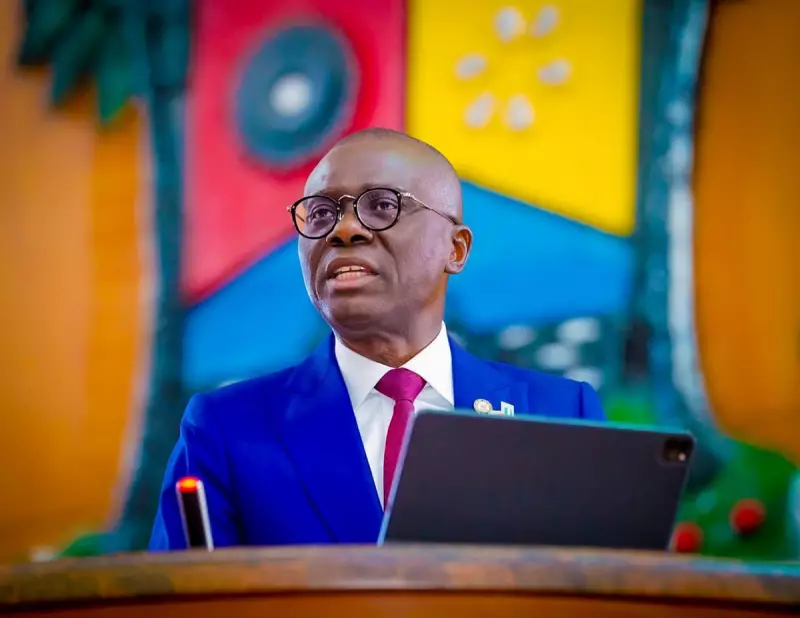
In a landmark move that signals Lagos State's commitment to sustainable development, Governor Babajide Sanwo-Olu has officially launched the Lagos Climate Adaptation and Resilience Plan, positioning Nigeria's economic nerve center as a frontrunner in Africa's green economy revolution.
Strategic Framework for Sustainable Growth
The comprehensive climate policy establishes a clear roadmap for transforming Lagos into an environmentally resilient megacity while creating unprecedented opportunities for eco-conscious investors. The initiative represents one of the most ambitious environmental programs ever undertaken by a Nigerian state government.
Governor Sanwo-Olu emphasized that the policy goes beyond mere environmental protection, serving as an economic catalyst designed to attract both domestic and international green investments. "We are not just responding to climate challenges; we are proactively creating a new economic paradigm for Lagos," the Governor declared during the launch ceremony.
Key Components of the Climate Action Plan
- Implementation of carbon reduction targets across key sectors
- Development of climate-resilient infrastructure projects
- Creation of green investment incentives and regulatory frameworks
- Integration of climate adaptation measures into urban planning
- Promotion of renewable energy adoption and energy efficiency
Economic Opportunities and Investor Benefits
The policy framework specifically targets sectors with high growth potential in the green economy, including renewable energy, waste management, sustainable transportation, and climate-smart agriculture. International development partners and private sector investors have already expressed strong interest in participating in Lagos's green transformation.
Industry analysts predict that the climate policy could unlock billions of dollars in sustainable investments over the next decade, creating thousands of green jobs while addressing pressing environmental concerns that have long challenged Africa's largest city.
Addressing Lagos-Specific Climate Challenges
With its coastal location and dense urban population, Lagos faces unique climate vulnerabilities including flooding, erosion, and air quality issues. The new policy directly addresses these challenges through targeted interventions and community-based adaptation strategies.
The launch event featured participation from key stakeholders including environmental experts, business leaders, international development agencies, and community representatives, all expressing optimism about the policy's potential to reshape Lagos's environmental and economic landscape.





